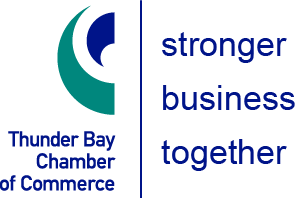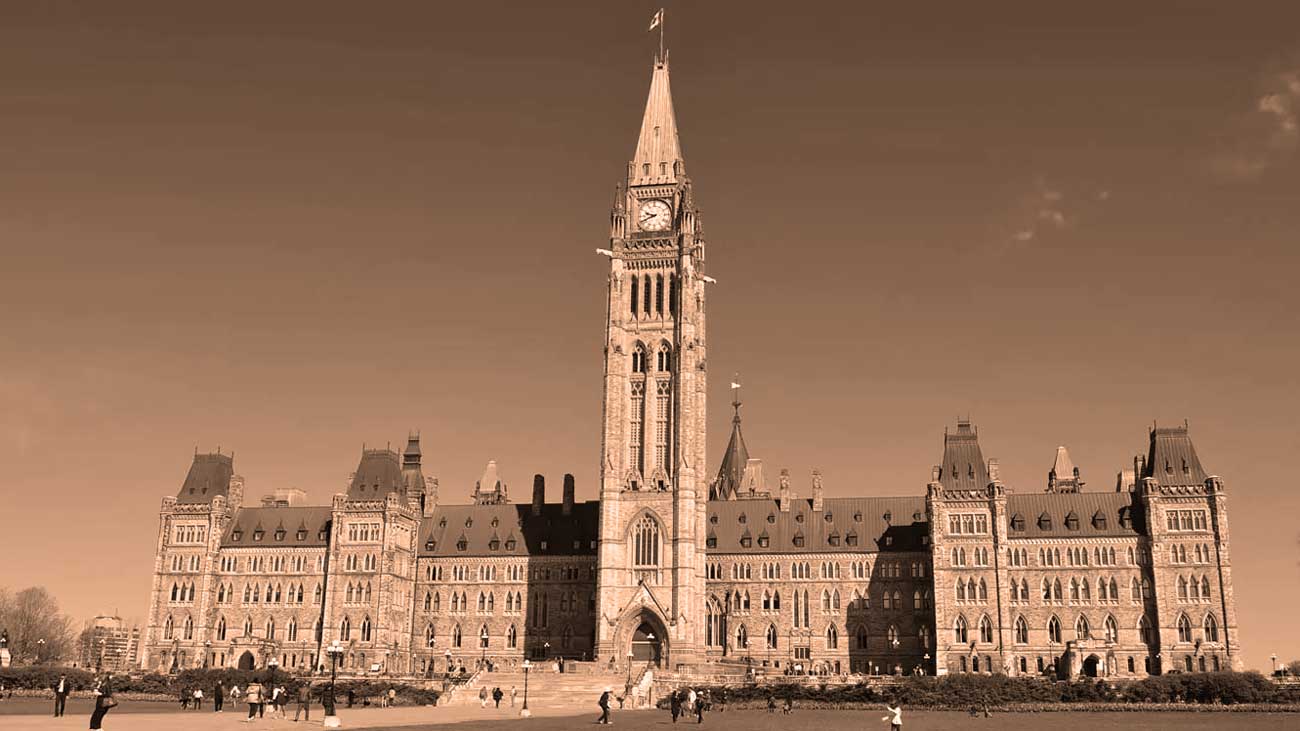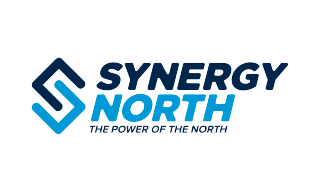Paula Puddy
Secretary | Secrétaire
Ontario Commission | Commission pour l’Ontario
1-855-747-7224 | 343-549-8732
Via email : paula.puddy@redecoupage-federal-redistribution.ca
Re: Federal redistribution process as provided in the Electoral Boundaries Readjustment Act
Dear Ms. Puddy:
On behalf of the Northern Chambers of Commerce, which comprises the cities of Timmins, Greater Sudbury, North Bay and District, Sault Ste. Marie, and Thunder Bay, we are writing to share the perspective of our combined 3500 members on the constitutionally-triggered decennial census on the redistribution of Federal Electoral Districts 2022. As you are well aware, the 2022 redistribution proposal calls for Northern Ontario’s federal ridings to be reduced from 10 to nine ridings with re-drawn lines that would impact nearly every community in the region.
At present, the act outlines the process of utilizing the electoral quotient tools as a simple numbers game and reads:
“In relation to the readjustment following the completion of any subsequent decennial census, the number obtained by multiplying the electoral quotient that was applied in the preceding readjustment by the number that is the average of the numbers obtained by dividing the population of each province by the population of the province as at July 1 of the year of the preceding decennial census according to the estimates prepared for the purpose of the preceding readjustment, and rounding up any fractional remainder of that multiplication to one.1”
While we appreciate the use of this quotient to redefine the boundaries, it is critical to note the unintended consequences of applying this tool to redistribute the current federal ridings. It removes an elected Member of Parliament and subsequently a voice from an already underrepresented region of the country.
Conducting business in Northern Ontario already comes with challenges, given our vast geographical distances, supply chain constraints, out-migration and population decline, and the impact of long winter seasons and freeze-thaw cycles on our infrastructure. Furthermore, our ability to advocate through our members of parliament would be reduced, which would pose a challenge to business organizations and their ability to serve their members’ needs. 1 This Representation Formula is found in subsection 51(1) of the Constitution Act, 1867.
Removing a representative and expanding the current boundaries could potentially impede political participation by Indigenous peoples living in these remote and rural regions by presenting new barriers due to the vast geographical size of even the current ridings. The new proposed boundary lines would further exacerbate challenges in an already expansive territory, not to mention the challenge that would pose for any one representative to cover the issues of that entire geographical area. More importantly, the Northern Chambers also find this constitutionally-triggered process to be archaic and unintentionally discriminatory by not accounting for underrepresented and underserviced groups in the region deserving of equity. Our business members also hold this concern in high regard, given their strong commitment to principles of economic reconciliation.
The Northern Chambers of Commerce wishes to use this opportunity to call on Elections Canada to reject the proposal to remove one riding from Northern Ontario. Our businesses recognize the importance of fair and equitable representation in parliament and the importance of economic reconciliation—something that would be burdensome with the removal of a Northern riding. The Indigenous are Canada’s fastest growing population, not only leading strong, legacy enterprises in their own right but lending to new and innovative practices that support and bolster business and their workforce. Elections Canada must commit to principles of Truth and Reconciliation, and an important step would be maintaining the current number of ridings in Northern Ontario.
Should you have any questions or comments, I invite you to contact me, Keitha Robson, via email: at krobson@timminschamber.on.ca or by phone at 705.360.1900. Thank you for your time and consideration in these important consultations.
(signed by representatives from the Timmins Chamber of Commerce, Greater Sudbury Chamber of Commerce, Sault Ste. Marie Chamber of Commerce, North Bay & District Chamber of Commerce, Thunder Bay Chamber of Commerce)
More information on the Redistribution Process:
- What is Redistribution: https://redecoupage-redistribution-2022.ca/red/index_e.aspx
- The Role of Elections Canada in the Redistribution Process: https://www.elections.ca/content.aspx?section=res&dir=cir/red/roleec&document=index&lang=e















